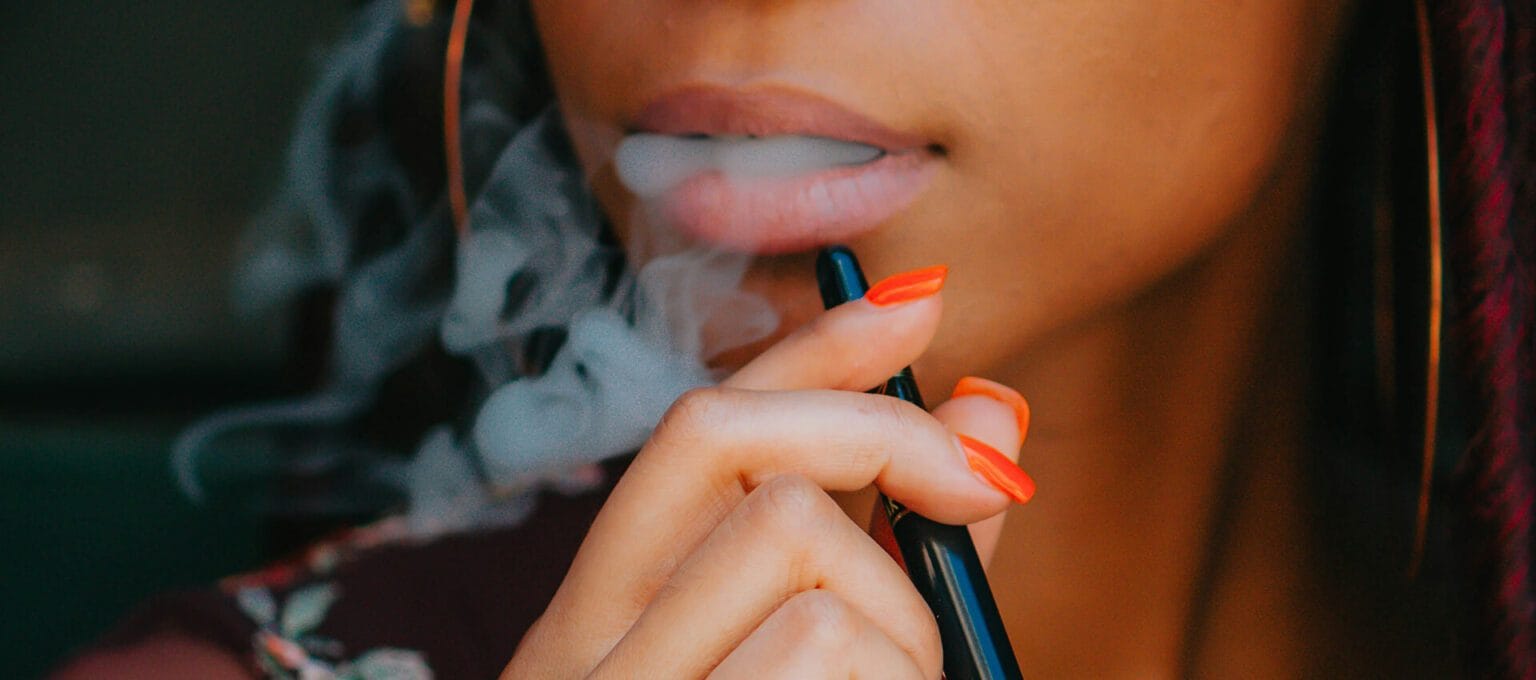The High Court in Nairobi has suspended a controversial directive issued by Health Cabinet Secretary Aden Duale that sought to revoke all existing licenses and import permits for nicotine and related products, pending full regulatory compliance.
Justice Bahati Mwamuye issued the conservatory orders on Tuesday, June 4, following a petition by Susan Awino, who challenged the legality and fairness of the Ministry’s actions.
The order temporarily halts the implementation of the May 31 directive, which was announced by CS Duale during World No Tobacco Day at Moi Teaching and Referral Hospital (MTRH) in Eldoret. During the event, 5.5 tonnes of seized tobacco-related products—including shisha, gutkha, and flavoured e-cigarettes—were destroyed in a public show of the government’s crackdown on harmful nicotine-based substances.
“This action is not symbolic; it is regulatory. Every player in this industry must now comply afresh with the law,” Duale declared during the event, describing the products as “designed to trap our youth” with deceptive packaging and addictive chemicals.
The directive required all manufacturers, importers, and distributors to reapply for licenses within 21 days, subject to full compliance with the Tobacco Control Act, 2007 and related laws. However, the court ruling has reinstated the legal status quo until the case is heard and determined.
Petitioner Cites Overreach and Violation of Rights
In her petition, Awino—who identifies as a public-spirited citizen—argued that Duale’s directive was arbitrary, unreasonable, and disproportionate. She further claimed that neither the Health CS nor the Kenya Tobacco Control Board has the legal mandate to revoke licenses or clearances issued under the Excise Duty Act, 2024—a function she said belongs solely to the Kenya Revenue Authority’s Commissioner-General.
“The rush decision by the CS to suspend licences and clearances previously issued is ultra vires, illegal and blatantly violates the rule of law under Article 10 and the right to fair administrative action under Article 47 of the Constitution,” Awino said in her affidavit.
She also submitted that electronic cigarette products had already undergone regulatory assessment by the board and were found compliant with Kenya’s packaging and labelling standards, thus lawfully cleared for importation and sale. The blanket suspension, she argued, imposed unnecessary costs on traders and created confusion within the regulated industry.
Court Orders and Next Steps
Justice Mwamuye’s ruling stated:
“…a conservatory order be and is hereby issued staying the 2nd Respondent’s (Duale’s) impugned decision… suspending all existing licenses and import clearances relating to the manufacture, importation, distribution, sale, or promotion of nicotine and related products…”
The court directed the Ministry of Health, the Kenya Tobacco Control Board, and the Attorney-General to file their responses by June 23, with the petitioner given until June 30 to respond. The matter will be mentioned again on July 3 to confirm compliance and set further directions.
A Balancing Act Between Public Health and Due Process
The case highlights a growing legal debate over regulatory authority and procedural fairness in Kenya’s public health decisions. While the government has justified its directive as a necessary step to curb rising youth addiction and protect public health, critics argue that due process and inter-agency jurisdiction must be respected.
Kenya remains a signatory to the WHO Framework Convention on Tobacco Control (FCTC) and the Protocol to Eliminate Illicit Trade in Tobacco Products. Yet, as the legal battle unfolds, it raises critical questions about how far ministries can go in enforcing public health mandates without overstepping legal boundaries.


